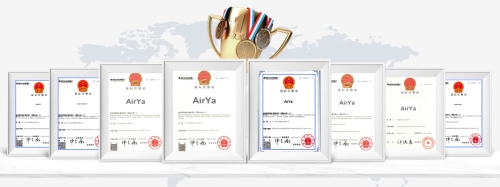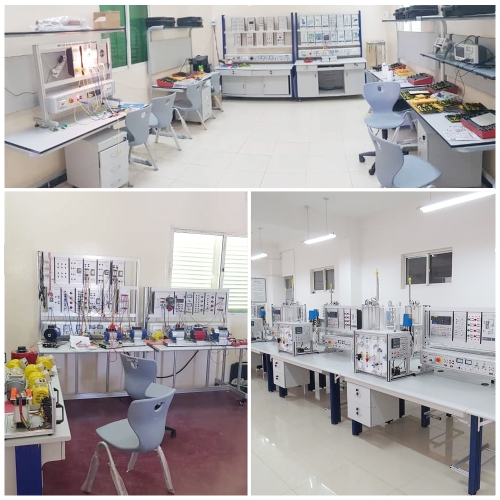Computer Controlled Subsonic Wind Tunnel Didactic Equipment Vocational Education Equipment Fluid Mechanics Lab Equipment
Item No.: C15
Computer Controlled Subsonic Wind Tunnel Didactic Equipment Vocational Education Equipment Fluid Mechanics Lab Equipment

